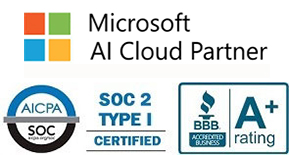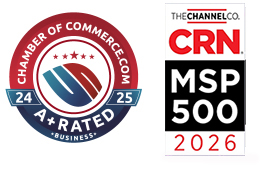IT Consulting | IT Support | Managed Services | New Jersey Computer Support Services

ICS makes it a priority to investigate the newest critical threats to your business network and as
a partner we take pride in making sure your corporate network and critical data is secure.
As we have stated in previous blogs, email is the vehicle of most attacks. These emails contain
attachment with .js, .DOC and other suspicious extensions. Once clicked, these extensions are
capable of infecting business networks with malware, ransomware, Trojans, crypto locker and a wide
array of harmful infections.
Over time, many end users have become more aware of suspicious attachments. The attackers have
gotten smarter and now scammers have been sending out emails containing harmful .HTML attachments.
The reason attackers are having success with this latest campaign is because of the fact that most
users do not see .HTML files as being harmful.
Most end users at one point or another have received legitimate .HTML attachments. It is also an
extension that is familiar to the eye. Many financial institutions and legitimate businesses use
.HTML to securely deliver documents and other important information. Familiarity makes it easier for
the end user to drop their guards and click on the attachment.
Everyone must be aware that .HTML attachment are capable of containing the same threats as all the
other malicious attachments. This round of attacks, the scammers are mostly using the .HTML
attachment in phishing scams. These phishing scams are targeted to get the end user to enter their
personal information or credentials into the attachment. When the victim sends the requested
information back, they are under the impression that it is going to a legitimate source.
Unfortunately this is not the case, it goes directly to the attacker! We have seen instances where
the following legitimate companies have been spoofed: JPMorgan Chase & Co, Wells Fargo, Navy
Federal Credit Union, Adobe, Gmail, and more.
It more important, now more than ever, to become familiar with all these threats and the ways
your business data can be compromised. We recommend following our blog to stay on top of all the
latest scams. Contact us if you are interested in our custom employee phishing awareness training
program. It could save your organization from a major data breach with the potential to cripple your
network.
About Us:
- 150+ 5-Star Google Rated IT Firm
- Microsoft Certified Cloud AI Partner
- SOC II Certified Managed Service Provider
- Better Business Bureau A+ Rated






